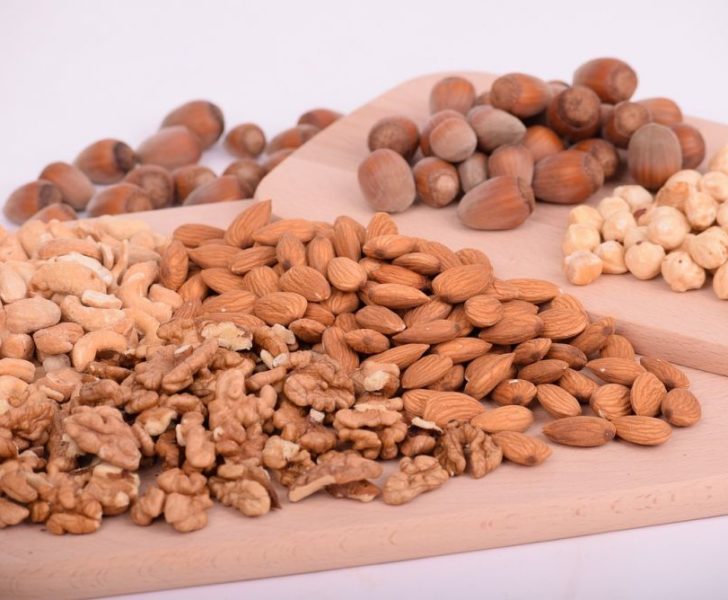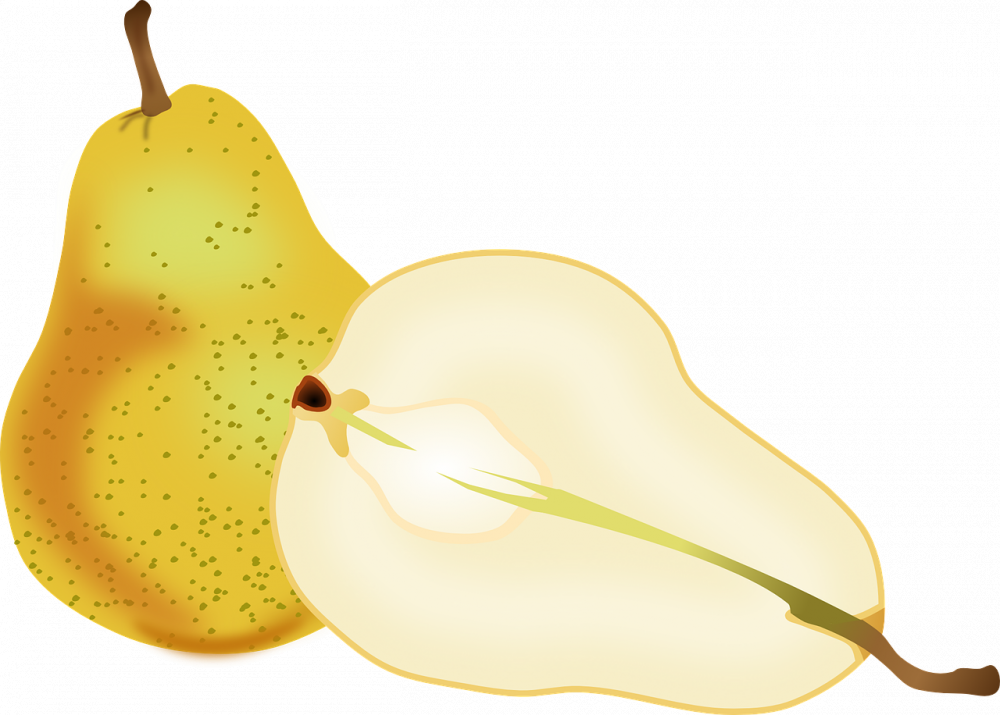Vegan diet: A Comprehensive Guide to a Plant-Based Lifestyle

Introduction:
The vegan diet has gained significant popularity in recent years as more and more individuals are embracing a plant-based lifestyle. In this article, we will provide a thorough overview of the vegan diet, exploring its different types, popularity, and its pros and cons. We will also discuss how various vegan diets differ from each other and provide a historical perspective on the advantages and disadvantages associated with these diets.
I. A Comprehensive Overview of the Vegan Diet:

The vegan diet is a type of vegetarian diet that excludes the consumption of all animal products, including meat, fish, poultry, dairy, eggs, and even honey. It is based solely on plant-based foods such as fruits, vegetables, grains, legumes, nuts, and seeds. Vegans rely on these food sources to meet their nutritional needs without any contribution from animal-derived products.
II. Types of Vegan Diets and Their Popularity:
There are several types of vegan diets, each varying in the degree of strictness and inclusion of certain food groups. These include the whole-food vegan diet, raw vegan diet, high-carbohydrate low-fat vegan diet, and more. We will delve into each type, providing an in-depth analysis of what it entails and the level of popularity it enjoys among individuals pursuing a vegan lifestyle. We will also highlight some popular vegan diet trends that have emerged in recent years.
III. Quantitative Measurements on the Vegan Diet:
To shed light on the nutritional aspects of a vegan diet, we will examine various quantitative measurements. This includes analyzing the macro and micronutrient composition of plant-based foods, comparing them to animal-based counterparts, and evaluating the potential nutrient deficits or advantages of a vegan diet. We will also address common concerns related to protein intake, vitamin B12, iron, and omega-3 fatty acids with respect to the vegan diet.
IV. The Differences Between Various Vegan Diets:
Although all vegan diets are centered around plant-based foods, there are notable differences among them. We will discuss how these diets diverge in terms of the foods they include and exclude, the emphasis on certain nutrients, and the potential health implications associated with these variations. By understanding these differences, individuals can choose the vegan diet that aligns best with their lifestyle and health goals.
V. A Historical Overview of the Pros and Cons of Different Vegan Diets:
Vegan diets have existed for centuries, and throughout history, they have been associated with both advantages and disadvantages. We will explore the historical context of vegan diets, examining the impacts on health, environment, and animal welfare. By analyzing the pros and cons, we can gain a deeper understanding of the long-term effects and implications of adopting a vegan diet.
[INSERT VIDEO HERE]
Conclusion:
The vegan diet has proven to be much more than just a passing trend. With its growing popularity and numerous variations, it has become a viable lifestyle choice for many individuals seeking a healthier and more sustainable way of living. By providing a comprehensive overview of the vegan diet, analyzing its different types, discussing quantitative measurements, highlighting differences between vegan diets, and exploring their historical aspects, this article aims to serve as a valuable resource for individuals interested in understanding and adopting a plant-based lifestyle.
References:
1. [Insert reference to a trusted source]
2. [Insert reference to a reputable study]
3. [Insert reference to an authoritative website]
Remember to include proper citations and ensure that all information provided is accurate and up to date.











